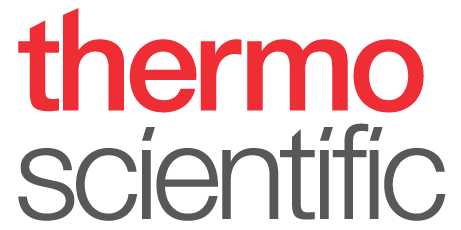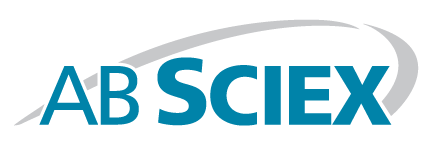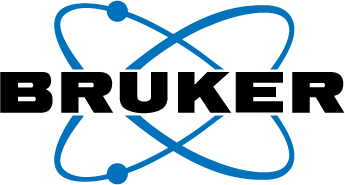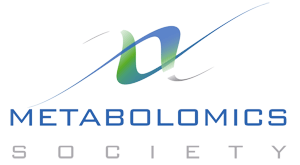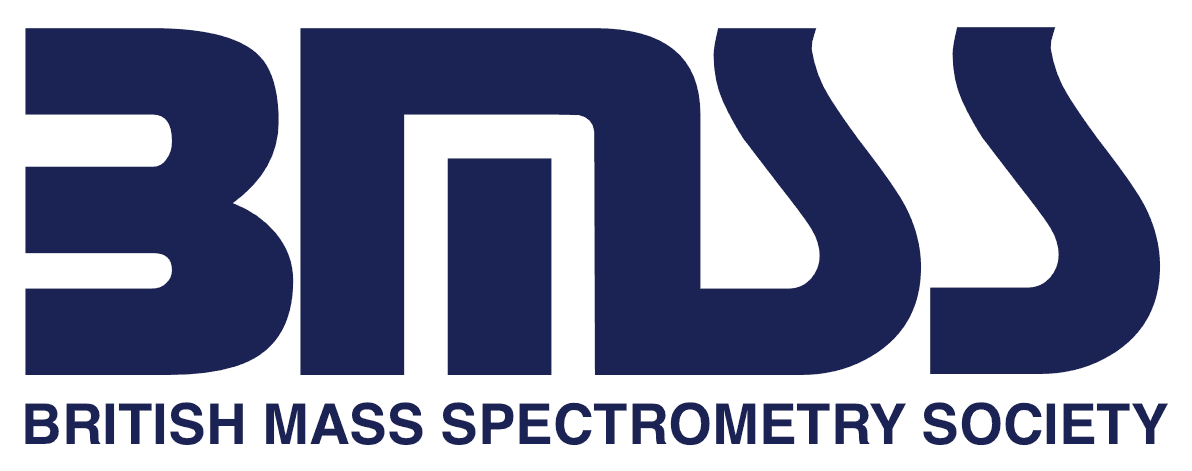MSACL 2014 EUSalzburg, Austria: Sept 2-5 |
Details
MSACL EU
EUROPE 2014
Corporate WorkshopsThursday and Friday
|
Apply to Host a Corporate Workshop |
Corporate Workshops provide an opportunity for MSACL conference attendees to learn more about specific applications or products of interest as presented by sponsoring vendors.
There will be Four Corporate Workshop slots on each of Thursday and Friday after lunch running from 1:00 - 2:00 PM.
These workshops are offered at no charge to attendees. Some sponsoring vendors may request that attendees register, but it is NOT REQUIRED (if there are issues regarding this on-site please contact any MSACL employee). Vendors may not provide priority seating to any workshop attendees.
A listing of Corporate Workshops will appear below as they are booked. //
Pending Workshop Assignments (NOT FINAL)
Workshop Assignments
PM Workshops: 1:00 - 2:00 PM
| Location>> | Mozart 1-3 (Seats 145) |
Mozart 4-5 (Seats 125) |
Papageno (Seats 75) |
Paracelsus (Seats 50) |
| Thursday | Bruker Pre-register | Thermo Scientific Pre-register | AB SCIEX | Phenomenex Pre-register |
| Friday | Agilent Pre-register | Shimadzu Pre-register | Waters Pre-register | IsoSciences |
Workshop Summaries
Workshop Sponsors: Modify your content
|
Bruker Day: Thursday Time: 1:00 - 2:00 PM Location: Mozart 1-3
Pre-Register for this Workshop 1) An Introduction to Bruker's Chromatography and Mass Spectrometry Portfolio |
|
Thermo Scientific Day: Thursday Time: 1:00 - 2:00 PM Location: Mozart 4-5
Pre-Register for this Workshop Hear our customers present their ground-breaking work using the latest innovative approach to forensic toxicology. Reserve your seat today! Novel techniques for Forensic Toxicology Screening and Sample Extraction and Analysis Without Traditional LC for Rapid Throughput of Complex Matrices Including Blood and Urine using QQQ and HR/AM Q Exactive MS Speaker: Marta Kozak, Thermo Fisher Scientific Tox library and workflow Speaker: Bénédicte Duretz, Thermo Fisher Scientific Sample Extraction and Analysis Without Traditional LC for Rapid Throughput of oncology drug measurement with HR/AM Q Exactive MS Speaker: William Clarke, John Hopkins University |
|
AB SCIEX Day: Thursday Time: 1:00 - 2:00 PM Location: Papageno
Mass Spectrometry Applications for Clinical Research Over the last 10 years many LC/MS/MS applications have been developed by clinical research laboratories and successfully implemented as the technology has become more robust, reliable and affordable. LC/MS/MS offers many technical and financial advantages for the clinical research laboratory and is now seen as a complementary and in some cases a viable alternative to immunoassays. In this workshop we bring together scientists, clinicians and biochemists that hold an interest in the use of Mass Spectrometry in the areas of Clinical Research as we discuss what can achieved with today’s technology and what we can expect in the future. |
|
Phenomenex Day: Thursday Time: 1:00 - 2:00 PM Location: Paracelsus
Pre-Register for this Workshop The advent and rapid popularity of the MS detectors have led to shorter and narrower columns and subsequently faster chromatographic run times. This presentation covers a brief discussion of chromatographic media, bonded phases and method development in connection with LC/MS and LC/MS/MS technology and requirements. |
|
Agilent Day: Friday Time: 1:00 - 2:00 PM Location: Mozart 1-3
Pre-Register for this Workshop 1) Achieve Peak Performance with Agilent Technologies |
|
Shimadzu Day: Friday Time: 1:00 - 2:00 PM Location: Mozart 4-5
Pre-Register for this Workshop 1) Newborn screening for ADA SCID by MS/MS |
|
Waters Day: Friday Time: 1:00 - 2:00 PM Location: Papageno
Pre-Register for this Workshop Join us for an exciting workshop!
|
|
IsoSciences Day: Friday Time: 1:00 - 2:00 PM Location: Paracelsus
Deficiencies of Deuterium as an Isotopic Label in MS Standards Stable isotope labeled standards are a critical component in quantification of analytes by LC/MS. Deuterium (2H) is most commonly used. However, deuterium suffers from inherent drawbacks that can limit the accuracy of quantification by LC/MS. These limitations include loss of deuterium in solution and loss of deuterium under mass spec conditions. Without validation of 2H stability, results can be called into question. Second generation LC/MS standards now avoid all the drawbacks of deuterium by incorporating 13C, 15N and, if necessary, 2H in chemically stable non-exchangeable positions. This talk will focus on the limitations of deuterium in LC/MS internal standards, will give examples of inappropriate 2H internal standards and will discuss the 13C/15N labeled improved standards that are now available. |


